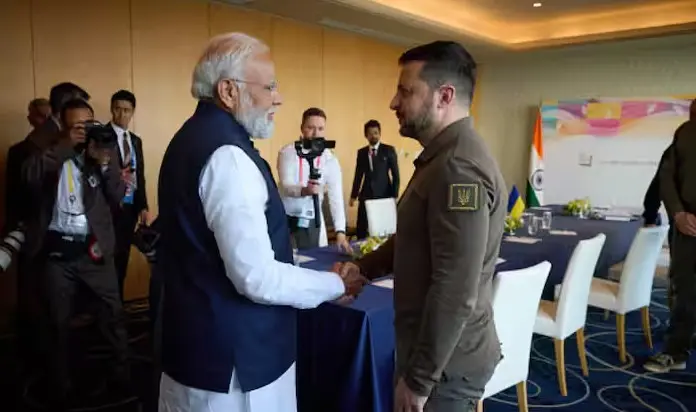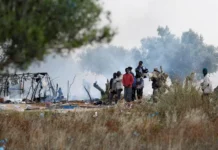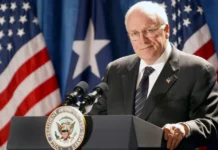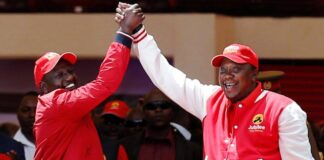Written By Lisa Murimi
Indian Prime Minister Narendra Modi is in Ukraine on Friday for talks with President Volodymyr Zelensky, just weeks after meeting Russian President Vladimir Putin in Moscow.
The visit comes amid sharp reactions from Kyiv and some Western capitals to Modi’s July trip to Russia, with President Zelensky being particularly critical, expressing disappointment that the leader of the world’s largest democracy met with what he described as “the world’s most bloody criminal.”
Modi’s visit to Kyiv, the first by an Indian prime minister, is seen as a strategic move to maintain India’s delicate balance between its long-standing ally, Russia, and the West.
Known for its non-alignment policy, India has historically managed to navigate between competing global powers.
This trip signals that while India values its ties with Russia, it also seeks to strengthen its relations with Western nations.
Michael Kugelman, director of the South Asia Institute at the Wilson Centre, highlighted that the visit is about reasserting India’s strategic autonomy.
“India isn’t in the business of placating Western powers, or anyone for that matter. It’s a trip meant to advance Indian interests,” he noted.
India has refrained from directly criticizing Russia over the ongoing war, frustrating many Western powers.
However, Delhi has emphasized the importance of respecting territorial integrity and sovereignty, advocating for diplomacy to end the conflict.
While Modi’s visit is not expected to bring a peace plan, it underscores India’s broader geopolitical ambitions, particularly in Central and Eastern Europe and reflects India’s desire to engage with all sides while preserving its strategic interests.
Modi’s stop in Poland, the first by an Indian prime minister in 45 years, shows India’s recognition of the growing importance of Central Europe in global affairs and its intent to deepen ties in the region.
As Modi continues his diplomatic balancing act, the visit is likely to be welcomed by Ukraine as an opportunity to engage with a key Russian ally, while the West sees it as a signal of Delhi’s willingness to maintain a nuanced approach in a rapidly changing global landscape.



















